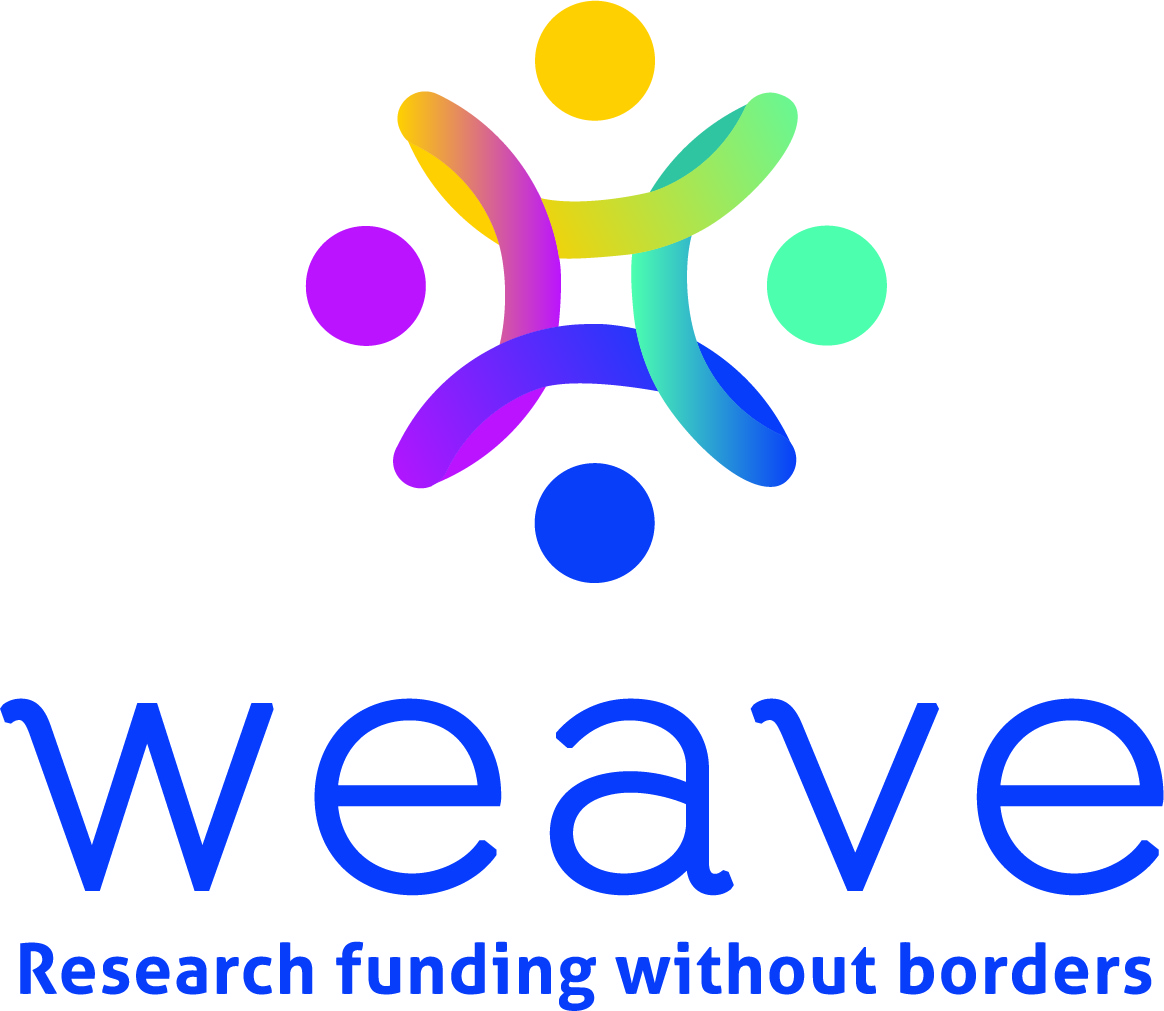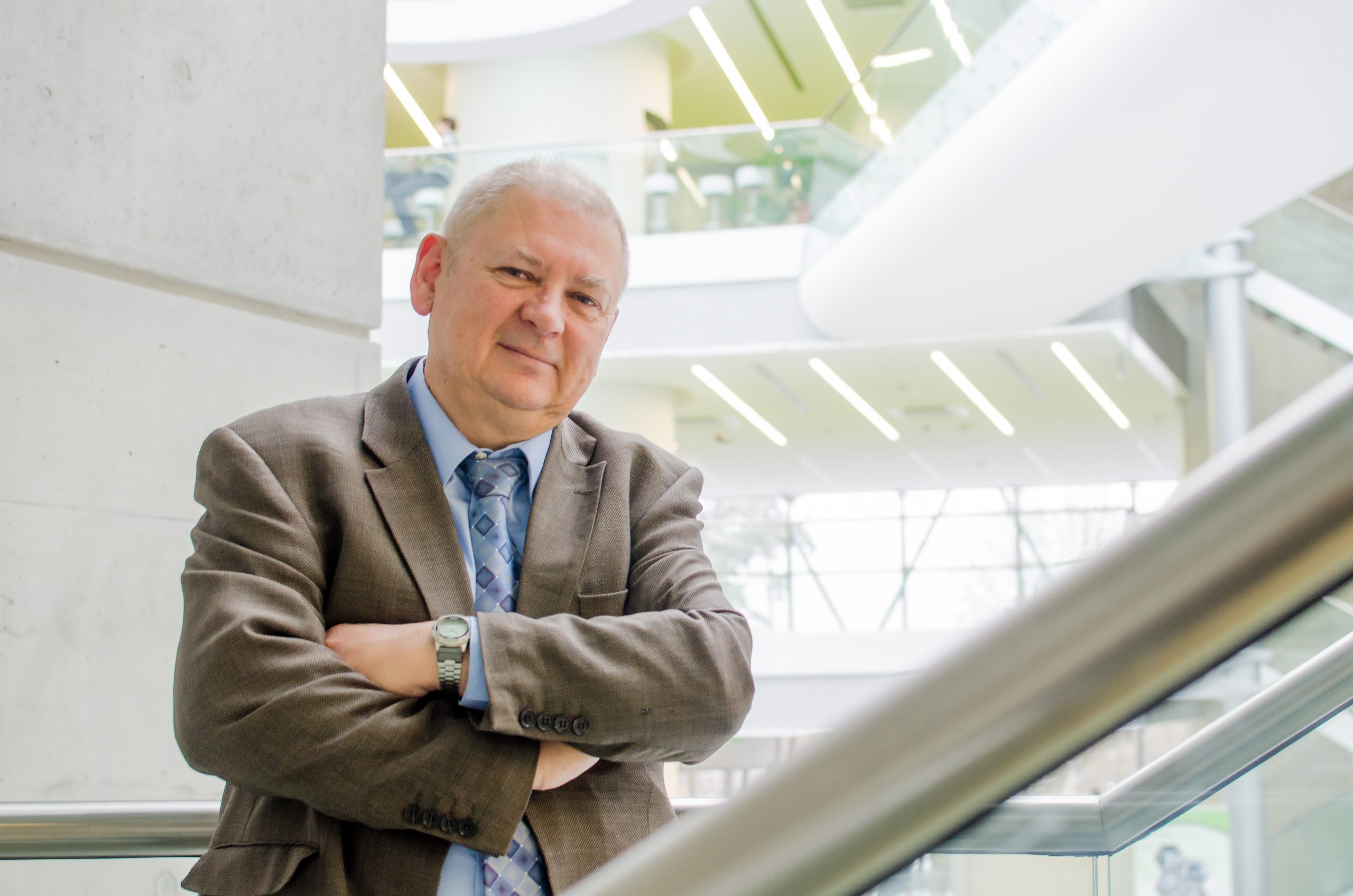Today, 12 national research funding organisations, with the support of Science Europe, launch Weave, a cross-European initiative to fund and support excellent international research projects. It is the first time a large network of this scale has developed an initiative of this kind to enable bilateral and trilateral scientific cooperation in Europe.
Weave aims to simplify the submission and selection procedures of collaborative research proposals involving researchers from up to three European countries or regions with a single evaluation. It makes use of existing national or regional funding programmes, through which research projects will be financed. It seeks to make it easier for researchers to collaborate across borders. It also ambitions to increase the capacity of researchers to freely determine the composition, focus, and content of their projects.
“Scientists will certainly appreciate the Weave initiative because it will simplify the international cooperation, so vivid already. The major value added by Weave is the expansion of the group of countries whose scientists will be able to take part in projects. At present, we have cooperation established with Germany, Austria, Poland, Slovenia, Switzerland, and a number of countries outside Europe. Thanks to Weave, another six institutions from European countries will be ‘interwoven’ by the end of 2025. This way, we are creating a pan-European network of institutions funding basic research,” says Prof. RNDr. Jaroslav Koča, DrSc., President, Czech Science Foundation.
Weave builds on the Lead Agency Procedure, through which a single funding organisation evaluates proposals put forward by an international team of researchers and communicates the funding recommendation to the other funders involved. In practice, the researchers choose a coordinating applicant, who submits the joint proposal to the respective Weave funding organisation in their country or region.
“We fully support the Weave initiative, and its effort to promote bilateral and trilateral scientific cooperation within Europe,” said Lidia Borrell-Damián, Science Europe Secretary General. “Innovative projects like Weave strongly contribute to strengthening international research collaboration and the realisation of the European Research Area.”
The Weave signatories have developed, with the support of Science Europe, an interactive online tool that researchers can use to determine the relevant funding opportunities for their projects.

